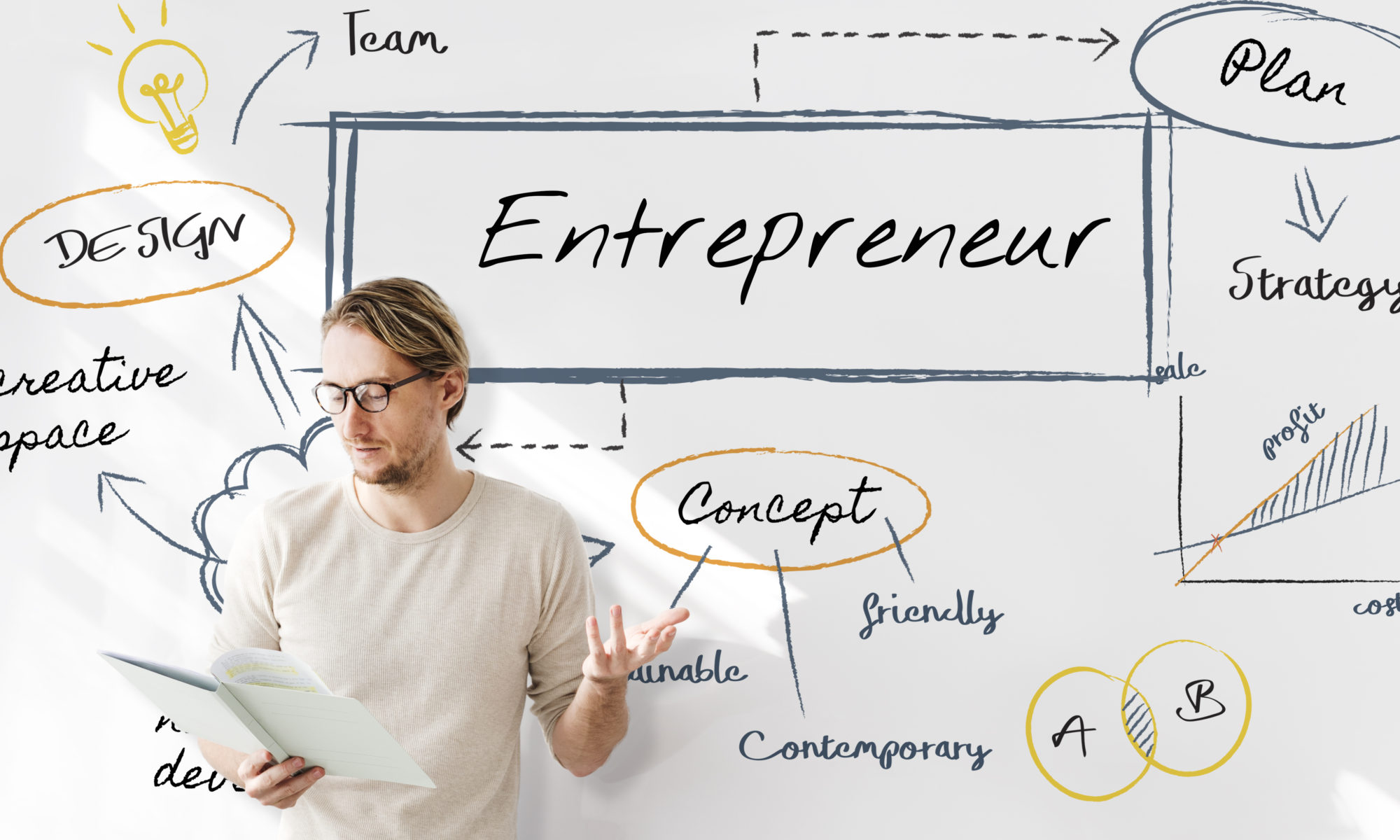Written by Dora Cheatham, Program Manager, Emerging Enterprise Center
“It does not matter how slowly you go as long as you do not stop.” Confucius
When I first entered the world of business more years ago than I care to remember, it was a very different place. Word processors were just making an appearance and sending a fax was the ultimate in high speed communication, the internet barely existed, and Amazon wasn’t even a glimmer in Jeff Bezos’ eye.
Fast forward to 2018 and while the basic principles of business remain the same, the way we DO business is infinitely different. Technology has changed how we make decisions and embark on a strategic direction, how we execute on strategy, how we transact business, how we communicate. Equally, we have access to more informational and educational resources than ever before. For the small business owner today – more than ever – to ignore the need for continuous learning is to remain stagnant at best, fail at worst.
The Emerging Enterprise Center’s Business Growth Workshops hone in on business processes that every small business and entrepreneur needs while tying into the ever-evolving business environment. Among these:
Marketing & Communication: 30 years ago, sales and marketing were almost synonymous and advertising represented the main thrust of the marketing and sales effort. Today the world of sales and marketing couldn’t be more different, yet too often small business owners still believe that, as long as they market their product or business “customers will come”. This couldn’t be further from the truth, so it is critical that new entrepreneurs as well as small business owners are clear in their own minds of the differences between strategic marketing, marketing communications, advertising, and sales so that they can develop and implement a sustainable business growth plan.

Selling Value: Probably the toughest thing for first time – and sometimes serial – entrepreneurs to grasp, is the difference between selling a PRODUCT or SERVICE and selling VALUE. Entrepreneurs and innovators, rightly, are passionate about their product and their passion is reflected when they speak about it. What it can do, how it can do it, how it was developed, the features, the benefits. The more clearly those features and benefits can be articulated into end user value, the less important price becomes as a part of the sales equation. This translates into a more valuable business model that generates greater revenue. To quote Warren Buffet: “Price is what you pay, value is what you get.” Are you clear about the value that you are providing to your customers?
Innovation: “Innovate or die” has become a 21st century mantra and rightly so. Failure to innovate led to the slow demise of companies like Eastman Kodak, Blockbuster, Sears and, more recently, Toys ‘R’ Us. In today’s world of rapid technological development, changing tastes and increasing competition, product life cycles are becoming shorter and shorter. Businesses that fail to update are gradually squeezed out of the market. Innovation doesn’t have to be disruptive – it can be gradual and incremental. The key is to remain relevant!

Globalization: Globalization can be a hotly contested topic but has nevertheless had a profound impact on business with increased competition, expanded markets, increased resources, technology transfer. The increased ease with which business can be transacted internationally means that even the smallest of businesses can access customers and markets which in the past may have seemed unreachable, either directly or through strategic business alliances.
In the end, while ignorance – at times – can be bliss, when running a business, it can be fatal. As a business owner, I’m all too aware of the fact that the first step to growing a business is the ability to acknowledge that “I don’t know what I don’t know.” So I make sure I continue to learn.
For more information on the Emerging Enterprise Center’s Business Growth Workshops, contact Erica Crell at (302) 294-2063 or via email.

